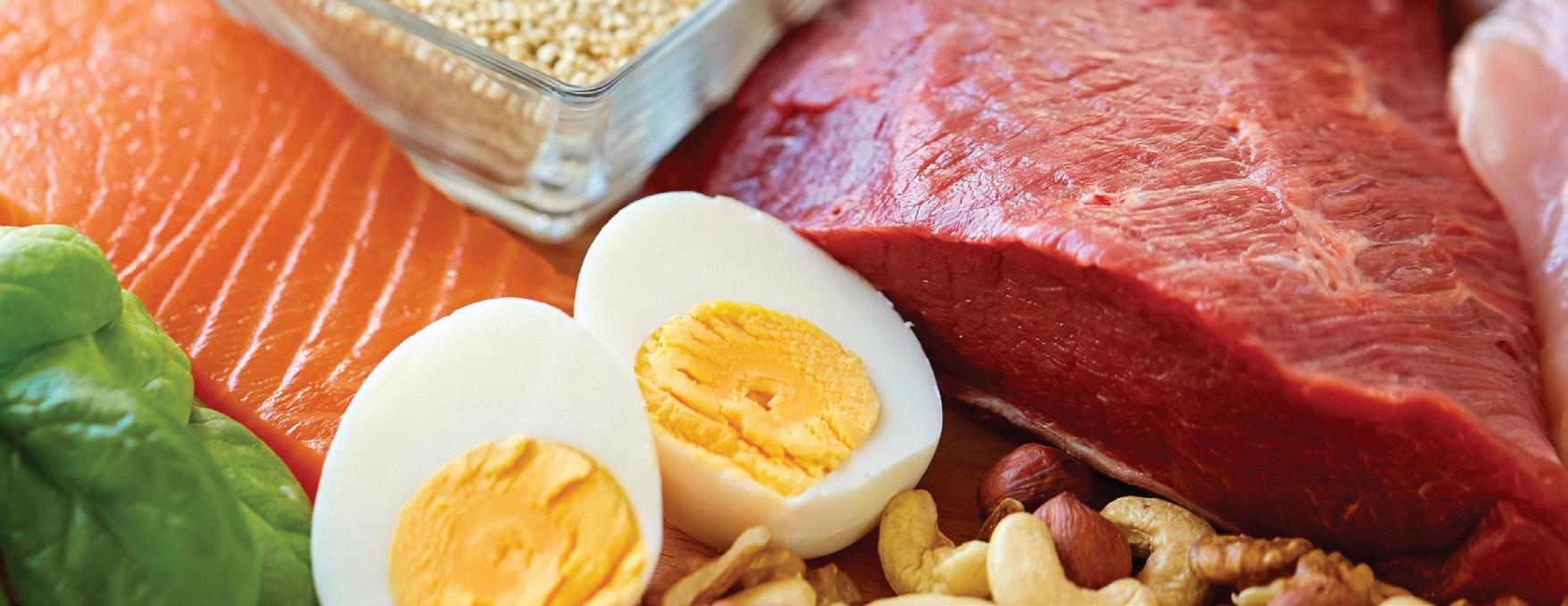

MINDLESS VS MINDFUL EATING
Mindless VS Mindful Eating
How often do you find yourself reaching for a snack, or craving, as an emotional support or reward?
If you’re not sure about the answer to that question, think about the last five instances that you have eaten. How many of those times have been due to true hunger and the need to nourish yourself, and how many of them have been just ‘because’? A natural reaction for so many of us when we feel sad, low, or even happy and celebratory, is the feeling of needing to eat or snack more to fulfil our emotions.
We call this mindless eating – eating our emotions, instead of eating when we’re actually hungry. Mindless eating on frequent occasions mean we have form poorer eating habits, and develop a weaker willpower to saying no to the foods we know we should eat in moderation - comfort foods 0 such as foods that are high in saturated fats and calories. How can we manage the frequent snacking or poor eating habits, mindless eating, if they have become ingrained in our everyday routine?
The simple answer is to practice MINDFUL eating.
But what is mindful eating?
Mindful eating is quite simply engaging the senses and giving our full attention to the food we are eating. It is savouring the taste, texture and aroma of what we eat rather than having a distraction of the tv on, or our mind being elsewhere.
In this respect, mindful eating allows us to develop a healthier relationship with the food we eat whilst also becoming more aware of the nutrition within it.
By focusing more on what we eat, we are then able to develop a deeper appreciation of what goes into our body and what then gives us a further sense of wellbeing and health and what doesn’t.
When focusing purely on the pleasure of eating, it allows us to simplify our thoughts, taking us away from the often-negative associations we have had with food and the guilt that often accompanies it. We’re slowing down the pace whilst really appreciating and enjoying the food we are eating. This is fundamentally the difference between mindful eating and mindless eating.
Why should we try mindful eating?
Like many associations with mindfulness, it allows us to once again live in the ‘here and now’ appreciating the moments as they are happening instead of otherwise being distracted in complicated or negative thoughts. Mindful eating has shown to help with binge eating and weight loss, allowing us to gain control over our eating habits rather than being controlled by an impulse created by negative thought patterns or habitual behaviour, for example, eating when stressed, depressed or nervous. Slowing down our eating process, enjoying and chewing our food thoroughly before swallowing also ensures we are giving our stomach enough time to tell our brain that we are full. It isn’t until your food gets into your stomach that it starts to release satiety hormones which feed back to the brain to tell us we’ve eaten enough.

How many times have you felt full as you finished eating, and then got fuller and fuller and fuller and felt sluggish and bloated for a long while after you’ve eaten? This is because it takes anywhere from 5 to 20 minutes for your stomach to send the messages to your brain to indicate you are full. By slowing down our eating, we are able to allow that process to happen and really know when we are fully satiated.
As humans, we rarely eat because our brain says we need to. Our brain only tells us to eat when we are starving. This is a natural survival instinct we have.

Most of us actually only eat because we are creatures of habit, who form routines of as and when to eat. We eat because we come home at a particular time and that is our cue to have dinner. We eat by time association, or by social situation.
How many times have you sat down to watch something on telly and had a craving for something to eat? Maybe you are full from dinner, but your ‘sweet belly’ is awake and just needs to eat something.
Or perhaps over-eaten in a social situation? Your friends and family are having starters and desserts, so you have them too.
This is a consequence of mindless eating and not formed of necessity. Next time you feel like you are craving something, or are reaching for snacks, stop and think – Do I really need to eat this right now?
Asking yourself this gives you a sense of mindfulness and ensures you are eating through necessity and not just habits.
It is also important to mention that mindful eating in itself is not a diet or associated with any diet plan. Mindful eating simply allows us to be present in the moment to enjoy the food we eat in every sense without distraction. Losing weight is just often a by-product of this process as we are no longer mindlessly eating or eating when we are already full and, therefore, gaining weight in the process.
Start mindful eating with, perhaps, just one meal in the day and increase this throughout the day as you get a greater understanding of mindful eating. See if it can improve your weight loss, or thoughts of snacking throughout the day.
